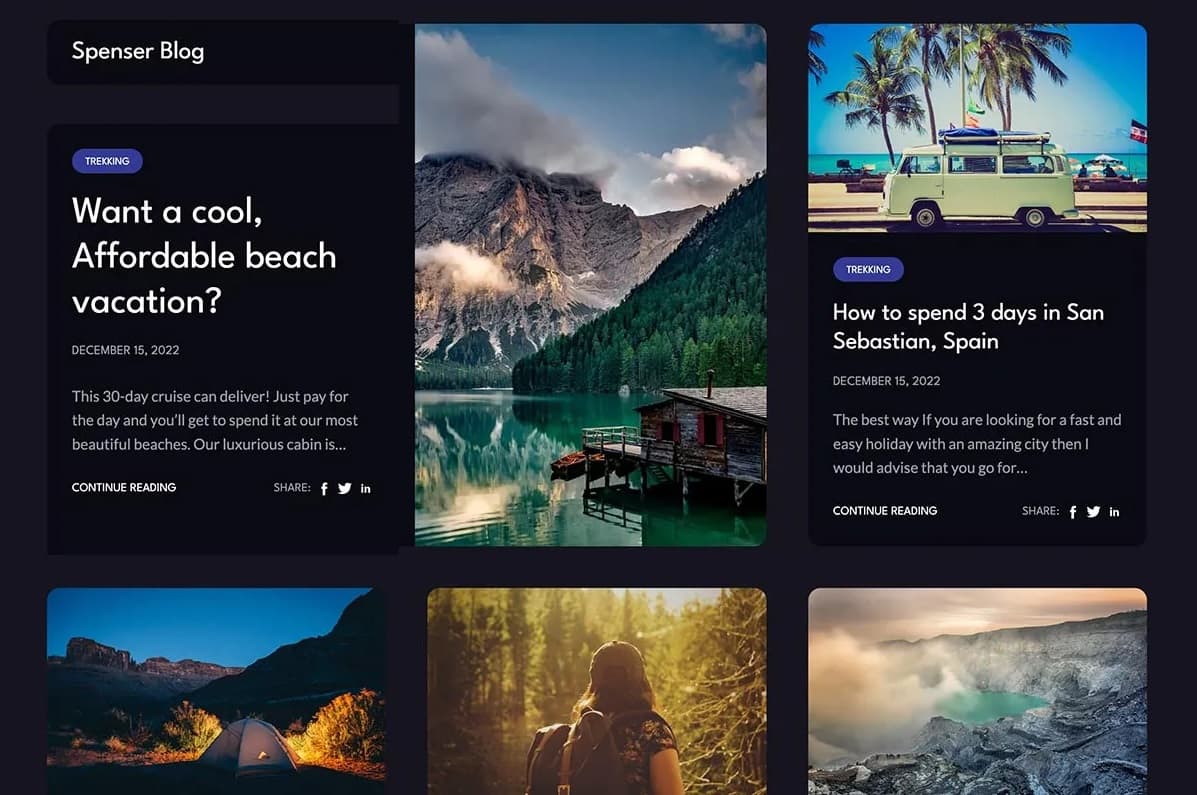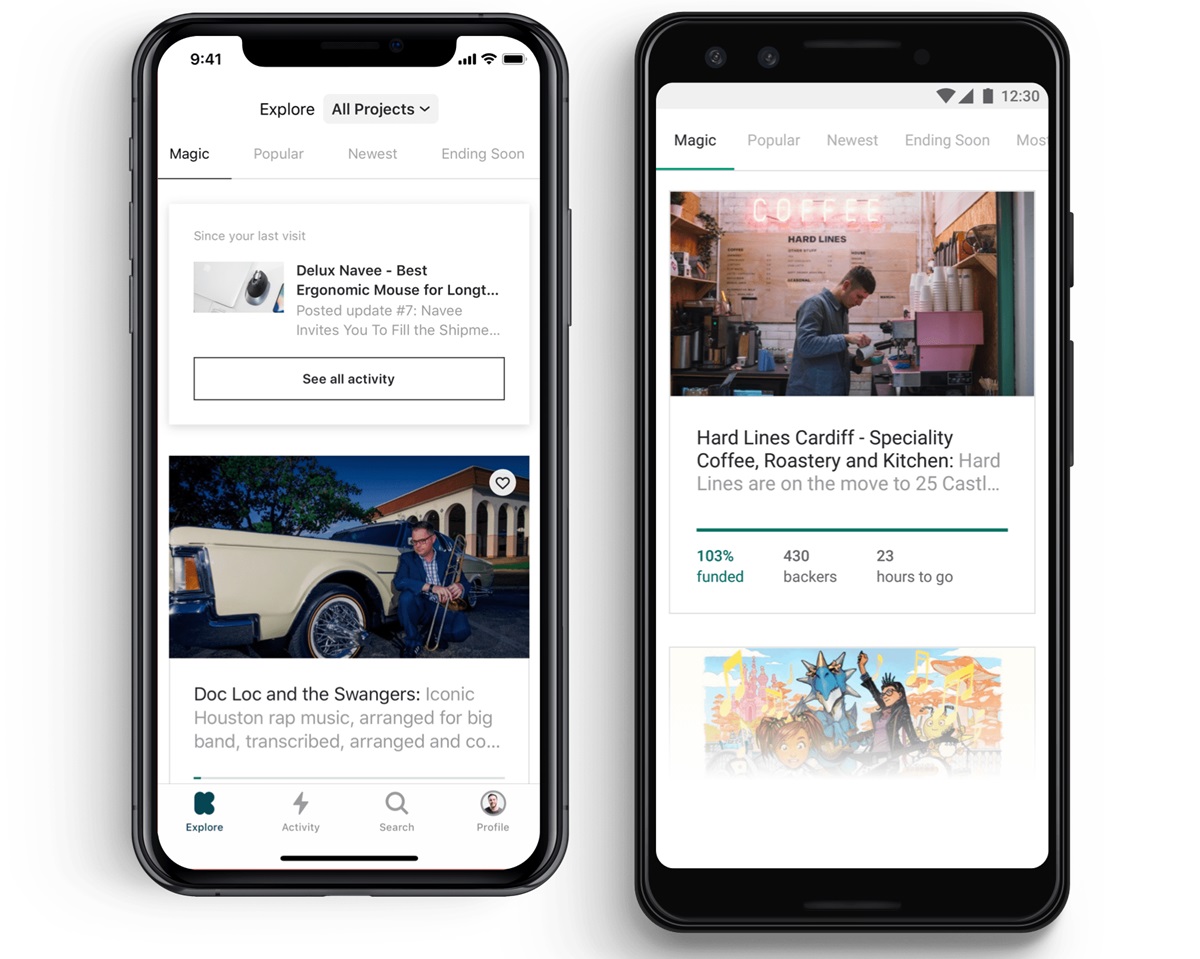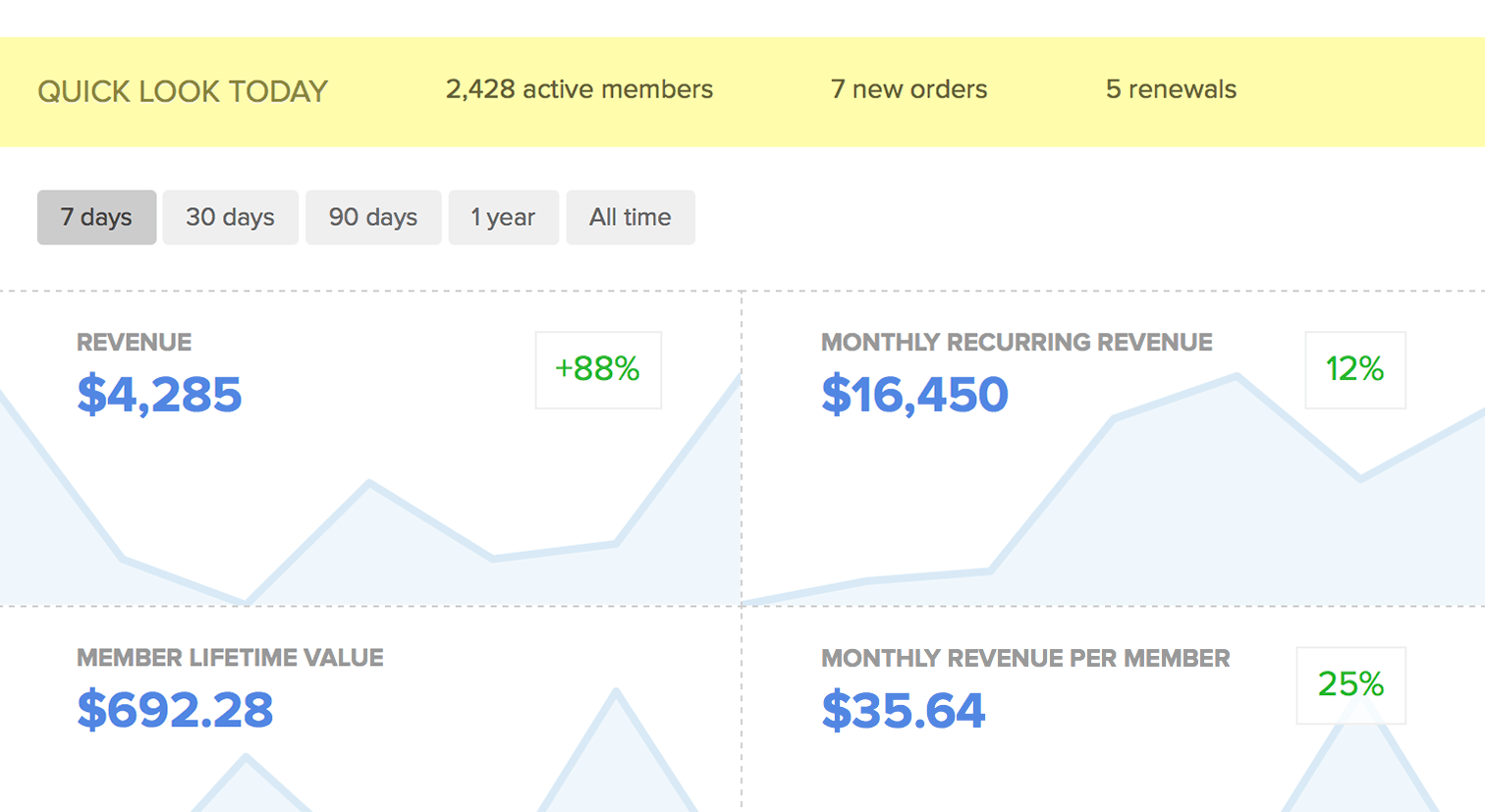How to monetize an online community

Managing an online community can be a highly rewarding endeavor, both for building stronger relationships with your audience and financially if you choose to monetize. Whether you run a niche online forum, a fan club, or an interest-based social media group, there are many paths to turn your engaged community into a sustainable revenue source.
See how Memberful helps you Create a private online community for your members with our online guide.
This guide will explore a variety of methods, helping you choose the right approach for your unique audience.
Understanding your online community
Before diving into monetization, it’s crucial to understand who your audience is and what they want. Assessing the interests, preferences, and engagement levels of your community is the foundation of any successful monetization strategy.
Identifying your community’s interests and needs
A good monetization strategy starts with knowing your community deeply. What content do they engage with the most? What are their pain points? Surveys, direct interactions, and analytics tools can help pinpoint key trends. Catering to their needs ensures you offer products, services, or experiences they are more likely to invest in.
Assessing engagement levels and growth potential
The level of interaction within your community can guide your monetization efforts. Communities with high engagement, like regular comments or interactions on posts, are often easier to monetize, as it shows the depth to which your members appreciate your content.
 Communities with high engagement are often easier to monetize
Communities with high engagement are often easier to monetize
Assess growth trends to ensure your community will expand enough to support sustained income streams.
Preparing to monetize your community
Here are a couple of things to bear in mind before you start thinking about community-building platforms:
Building trust and credibility
One of the cornerstones of a successful community monetization strategy is trust. Ensure you have built a strong, credible reputation before introducing monetization methods. Transparency and consistent engagement foster trust, making your community more likely to support you financially.
Setting realistic monetization goals
Establish clear, measurable goals. Whether you’re aiming to generate a specific amount of revenue or offer a certain number of memberships, realistic expectations will keep you focused on long-term success without overwhelming your audience.
Memberful offers an in-depth and easy-to-use Metrics and analytics dashboard for monitoring monetization and your members.
Popular monetization strategies
Here are a handful of monetization strategies that the Memberful team know to work well, and some of our suggestions for the best platform to build your online community:
Membership/subscription platforms
Membership programs allow community members to pay for exclusive content or experiences. These programs can be tailored to offer different levels of access and benefits. Beyond Memberful, platforms like Patreon, Ko-Fi or Buy Me a Coffee can be excellent starting points.
Consider offering multiple membership tiers to accommodate different interest levels and financial commitment. For example, a basic membership might provide access to exclusive content, while higher tiers could offer one-on-one consultations, VIP events, or special merchandise. This flexibility allows you to cater to a broader range of your community.
Offering exclusive content
Exclusive content, such as behind-the-scenes videos, private blog posts, or premium newsletters, can be a strong motivator for paid membership. Deliver value that’s not available elsewhere – both within your own website/membership and on the internet in general.
 You could use WordPress with a membership plugin to build a private online community
You could use WordPress with a membership plugin to build a private online community
If your website is built on WordPress, you could use a membership plugin to enable you to manage your subscriptions efficiently. These tools help handle billing, online content delivery, and member management to help you build a private online community.
Affiliate marketing
Partner with brands or businesses relevant to your community. You can earn commissions by promoting products or services through affiliate links that resonate with your audience.
Check out platforms such as the Amazon Associate Program, Commission Junction, ShareASale, Rakuten, Trade Doubler, and Awin. Use affiliate links sparingly and within reviews, tutorials, or recommendations. Transparency is key: disclose affiliate partnerships to maintain trust with your audience.
Hosting paid events
Live events such as webinars or workshops provide direct engagement with your community while generating income. If your community is based around a niche or specific academic interest, live workshops, Q&A sessions, or expert-led talks could be highly engaging.
 Zoom events such as educational webinars can help to generate income
Zoom events such as educational webinars can help to generate income
Paid ticketing can be managed through platforms like Eventbrite or Zoom. Consider your community’s availability and time zones when planning paid events to ensure high attendance. Promote these events well in advance to generate excitement and maximize participation. Post-event resources, such as recordings or downloadable materials, can also enhance the value for participants.
Sponsored posts and paid collaborations
Brands often look to tap into the trust that communities have built. If your audience aligns with a brand’s target market, you could be paid to create sponsored content or collaborate on campaigns. Websites like Looking for Sponsor can help you find sponsorship opportunities.
Again you must be transparent. Advertising regulations, such as the Federal Trade Commission (FTC) guidelines in the US, require clear disclosures of paid partnerships. Additionally, be mindful of data privacy laws, such as GDPR, to protect your community’s personal information.
Selling digital products
Digital products, such as ebooks, courses, templates, or software, can be easily sold to a dedicated audience. These products provide long-term revenue as they can be sold repeatedly without additional production costs; therefore these digital products are usually easy to scale and often have higher profit margins.
Read more about How to create and sell digital downloads on our blog.
Crowdfunding
Crowdfunding can be a powerful tool for community monetization, especially if your community is passionate about specific projects or causes. Many successful creators and communities have used crowdfunding to finance new initiatives, such as product launches, content creation, or community-driven campaigns.
 The Kickstarter app © kickstarter.com
The Kickstarter app © kickstarter.com
Popular crowdfunding platforms like Kickstarter, GoFundMe, and Indiegogo allow you to pitch ideas and gather support from your community in exchange for rewards or early access to your projects. Choosing the right platform depends on your goals: Kickstarter is ideal for creative projects, while GoFundMe works well for community-driven causes or personal support campaigns.
Choosing and optimizing your monetization model
Not every monetization strategy fits every community. A blend of the above models may work best for you and most successful publishers and community managers employ at least a few different techniques in order to diversify their revenue sources.
Think about the variety of income streams that suit your audience. If they prefer visual content, offering paid video tutorials might be a great option, whereas a community interested in reading about technology and artificial intelligence might appreciate posts or newsletters.
Understanding your audience’s willingness to pay for certain types of content or experiences is crucial. For example, a fitness community may prefer a membership model offering exclusive workout plans rather than affiliate marketing ads for fitness gear.
Tracking key metrics
Use analytics tools to track key performance indicators (KPIs) such as revenue, conversion rates, and engagement levels. Pay attention to feedback from your community: what are they responding to? Are there areas for improvement?
 Memberful can help you track membership metrics such as monthly recurring revenue
Memberful can help you track membership metrics such as monthly recurring revenue
If certain monetization methods are underperforming, don’t hesitate to pivot. Experiment with different strategies and optimize based on what works best for your community. Whether it’s tweaking your pricing, offering new perks, or adjusting your content strategy, being flexible is crucial for sustained success.
Conclusion: Growing and monetizing your online community
Monetizing your online community can be a fulfilling and profitable venture if approached with authenticity, transparency, and a focus on delivering value.
The key to successful monetization is finding strategies that align with your community’s needs and interests. Whether through memberships, events, affiliate marketing, sponsored posts, or selling products, authenticity should be at the heart of your approach to build trust and maintain strong relationships.
Think about the long run: monetization isn’t a short-term effort. It’s just the natural progression from building a lasting, meaningful relationship with your members. By continuously engaging and providing value, and adapting to your community’s evolving needs, you can cultivate a loyal, supportive audience and ensure sustainable financial success. Good luck!
Subscribe for updates
Stay up to date on Memberful's latest product updates, insights, and teaching centered around growing your community.
Have an audience?
Customers like Mythical (28+ million subscribers) rely on Memberful to power their membership communities.
Get started for free